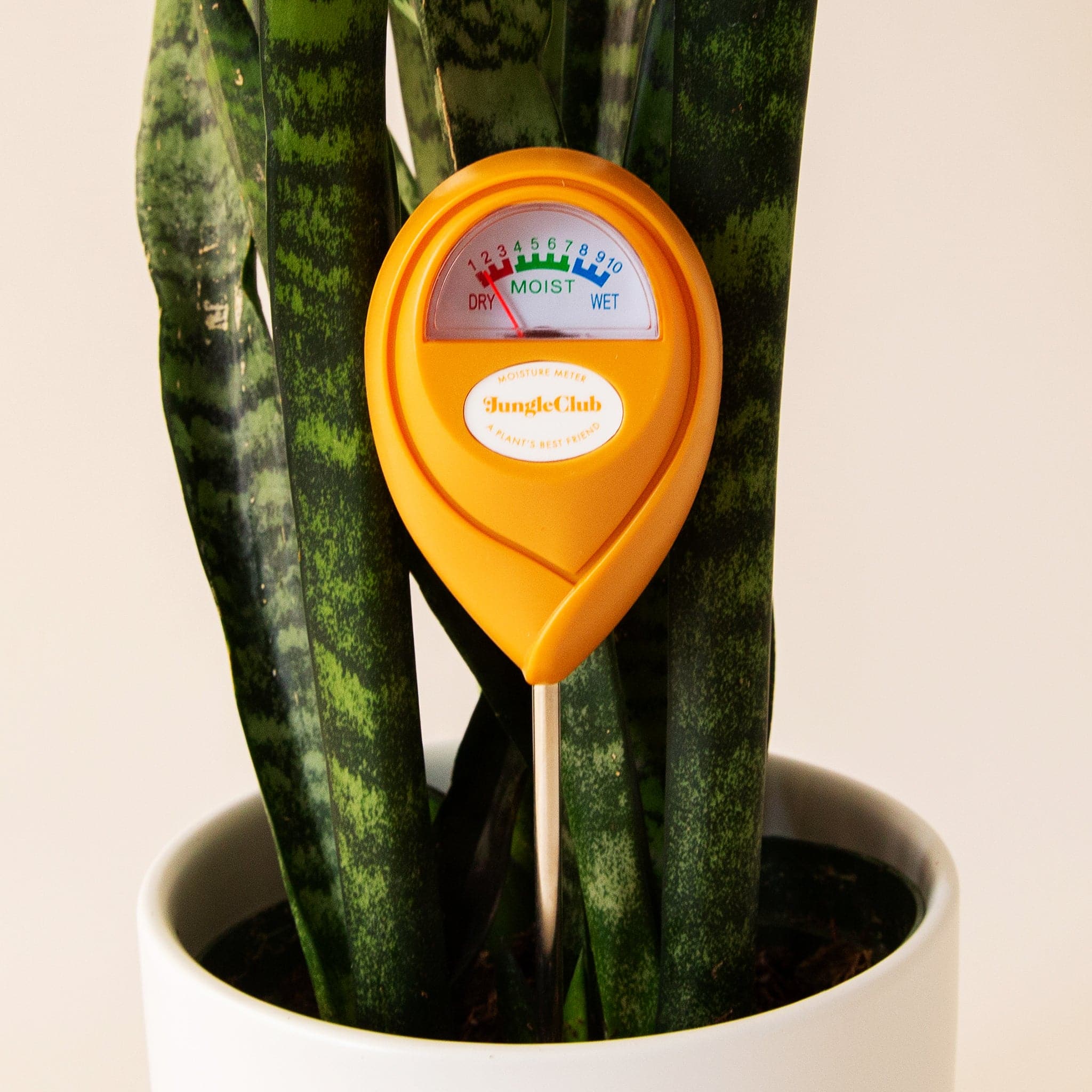Moisture Meter Purchasing Guide: What to Seek in High-Quality Instruments
Moisture Meter Purchasing Guide: What to Seek in High-Quality Instruments
Blog Article
The Ultimate Guide to Moisture Meters: A Comprehensive Summary and How They Can Save You Money
In the realm of structure upkeep, construction, and different industries, the significance of accurately gauging wetness levels can not be overstated. Dampness meters work as indispensable tools in identifying and monitoring moisture content in materials, helping in preventing costly damages and making certain the top quality of items. Understanding the nuances of various kinds of wetness meters, their applications, and the potential cost-saving benefits they offer can be a game-changer for businesses and experts alike. Finding exactly how these tools can not just simplify procedures however additionally contribute to economic savings is a trip worth starting.
Kinds Of Moisture Meters
One usual type is the pin-type dampness meter, which determines the electrical resistance between two pins placed into a product. Pinless dampness meters, on the other hand, use electromagnetic sensing unit plates to check a larger location without creating damage to the material's surface area.
Infrared moisture meters measure the thermal homes of a material to identify its wetness content non-invasively, making them useful for applications where pin or pinless meters might not be ideal. Understanding the different types of wetness meters offered can aid sectors choose the most appropriate tool for their details wetness measurement requirements.

Advantages of Using Moisture Meters

Additionally, utilizing dampness meters can lead to enhanced energy performance. By identifying areas with high wetness degrees, such as leaks or bad insulation, changes can be made to enhance power preservation and lower utility prices. In farming settings, moisture meters play an essential function in maximizing crop returns by making it possible for farmers to keep an eye on soil moisture levels and make notified watering choices. In general, the advantages of using wetness meters extend throughout numerous industries, providing cost-effective remedies and promoting better quality assurance techniques.
Just How to Select the Right Moisture Meter
Selecting the appropriate dampness meter includes considering vital aspects such as product compatibility, measurement array, and calibration precision. When choosing a dampness meter, it's necessary to guarantee that the meter appropriates for the details product you will be testing. Various products have varying electric properties that can influence dampness readings, so choosing a meter designed for your material is crucial for exact results. Furthermore, consider the dimension range of the dampness meter. Guarantee that the meter can identify wetness degrees within the range needed for your applications. Calibration precision is one more essential aspect to remember (Moisture Meter). Choose a moisture meter with dependable calibration to make more tips here certain accurate and consistent analyses. Some meters might require regular calibration modifications, so understanding the calibration procedure is very important. By carefully evaluating these aspects, you can pick a dampness meter that fulfills your demands and offers exact wetness measurements for your tasks.
Proper Methods for Moisture Meter Use
To ensure exact wetness analyses and make the most of the effectiveness of a wetness meter, employing correct techniques is essential. When utilizing a pin-type moisture meter, place the pins or probes into the product being evaluated till they make full call. By complying with these correct methods, users can depend on their dampness meter to supply trustworthy dampness levels, assisting in stopping costly damages or making sure quality in various applications.

Expense Cost Savings Through Moisture Meter Applications
How can the calculated application of moisture meters lead to significant cost savings across different sectors? In the farming sector, moisture meters aid in identifying the optimum time for collecting plants, preventing over-drying or excess dampness that can affect the final product's high quality.

Furthermore, in the food processing market, wetness meters are necessary for checking item top quality and making certain conformity with safety and security laws. By properly determining wetness material in foodstuff, makers can stop wasting, preserve freshness, and reduce waste, resulting in substantial price financial savings. Generally, the calculated application of wetness meters is an important investment that can lead to substantial cost decreases and enhanced efficiency across numerous sectors.
Final Thought
Finally, moisture meters are beneficial devices for measuring and spotting moisture degrees in different products. By utilizing the right moisture meter and following appropriate techniques, customers can properly avoid costly problems brought on by excess wetness. Purchasing a top quality moisture meter can bring about considerable price savings over time by identifying possible issues beforehand and enabling punctual remediation. Eventually, moisture meters are necessary instruments for preserving the integrity and durability of structures and products.
Moisture meters serve as indispensable tools in discovering and monitoring moisture material in products, assisting in preventing costly damages and making sure the top quality of items. Infrared moisture meters measure the thermal residential or commercial properties of a product to establish its moisture material non-invasively, making them beneficial for applications where pin or pinless meters might not be ideal.Dampness meters supply invaluable advantages in properly analyzing and monitoring wetness levels More about the author in diverse materials and atmospheres. In farming setups, dampness meters play a critical role in optimizing plant returns by allowing farmers to keep track of dirt dampness degrees and make educated watering decisions.In verdict, moisture meters are important tools for gauging and identifying moisture degrees in different products.
Report this page